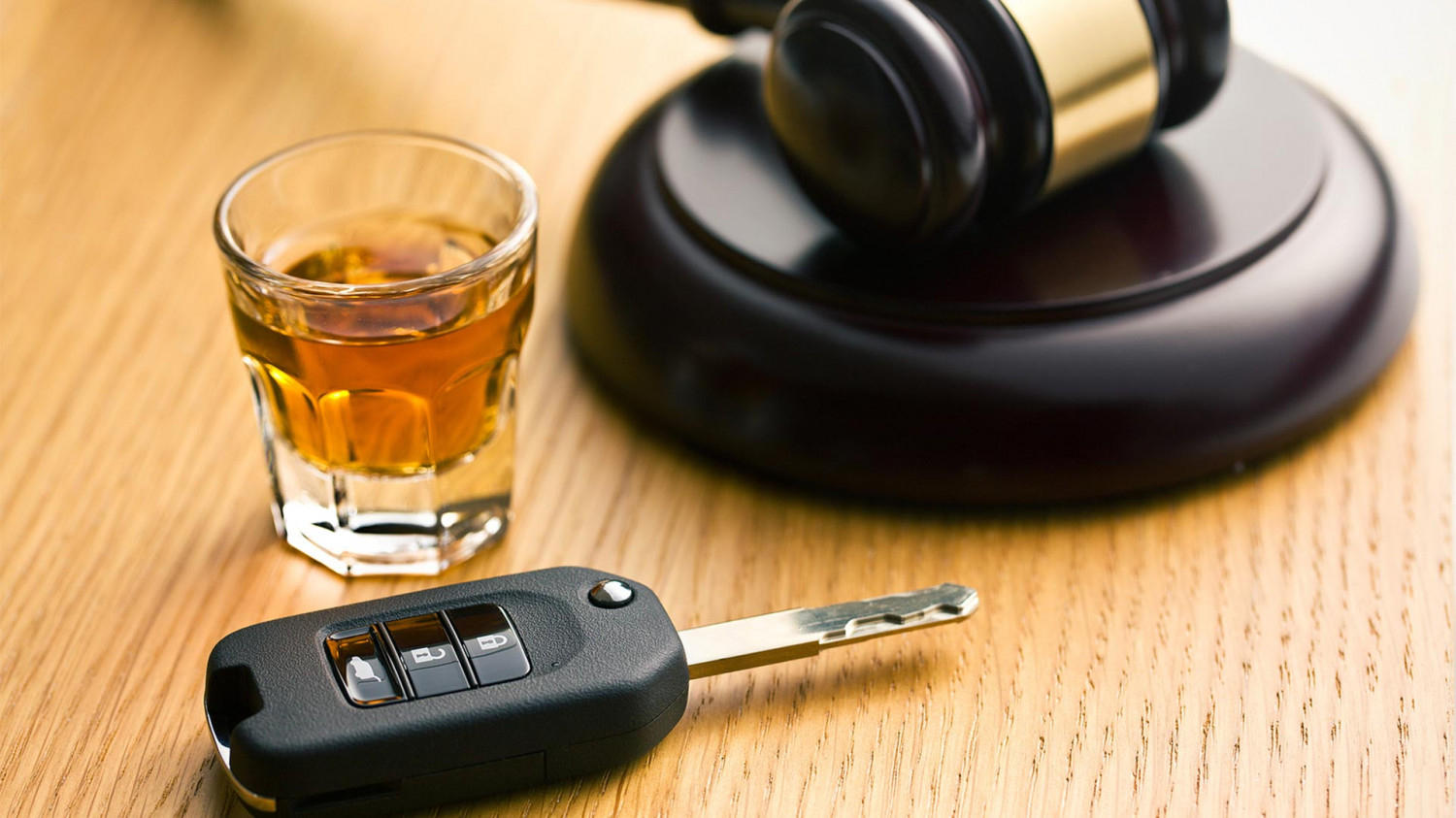

Helping Clients With Their Legal Needs Since 1991
Our law firm is a stone's throw from the Chatham County Courthouse
Whether you want a quickie or simple wedding after getting your Marriage License, or to schedule for a later date, step across the street to Doug Andrews Law Office, 140 Montgomery St at the corner of York Street.
We are flexible and can help you, friends or family, with some other legal matters, including DUI-which, it seems, these days can be avoided only by not driving after drinking.
With decades of experience practicing law and officiating weddings, Mr. Andrews enjoys a reputation as a person who cares and enjoys what he does.
Doug Andrews Law & Wedding Officiant
Accused of drunk driving?
Attorney Andrews began practicing law in 1976, making him one of the most experienced lawyers in town. He can:
- Help you navigate the legal system
- Negotiate reduced charges and penalties
- Provide you with outstanding service at a fair price

Our Law Firm Focuses on DUI Cases
Call 912-236-3020 to learn more
No other officiant is closer to the courthouse
Mr. Andrews would be honored to officiate your wedding. You can either schedule a ceremony or come to his office the same day you apply for a marriage license. He'll do everything he can to accommodate you.
